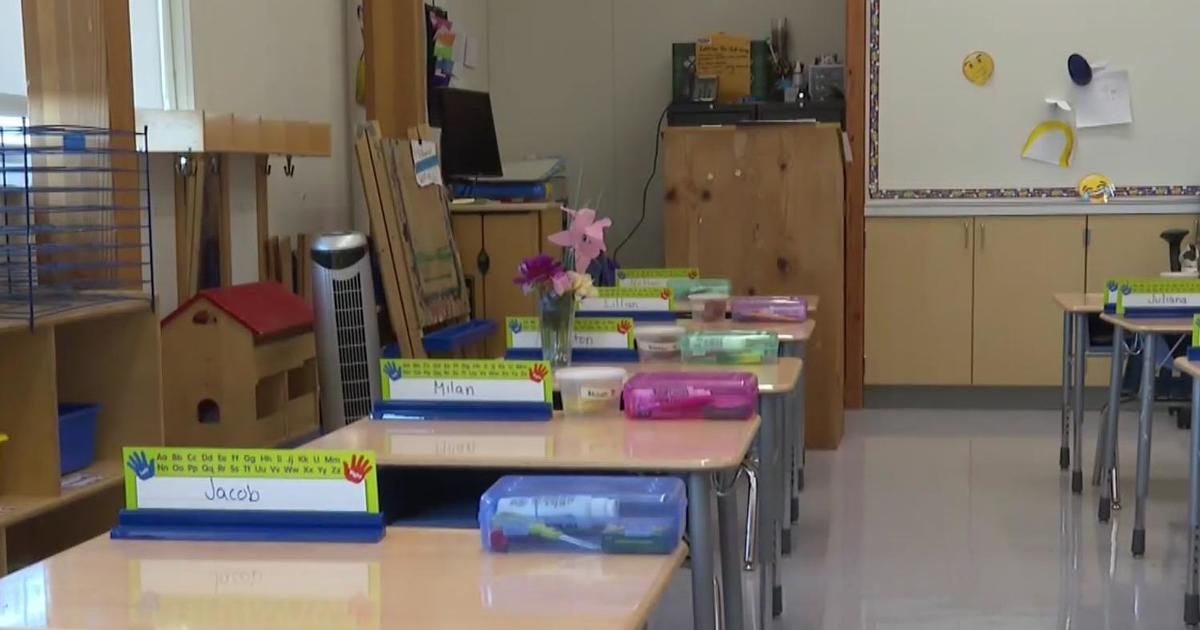Report raises concerns that not enough Texas students are prepared for life after high school
NORTH TEXAS (CBSNewsTexas.com) — A recent report by the George W. Bush Institute and the Texas 2036 organization found that just 22% of Texas eighth graders earn a degree or credential within six years of their high school graduation.
"It shocked me honestly. I mean, I do this work and it shocked me," said Anne Wicks, one of the authors of "The State of Readiness: Are Texas students prepared for life after high school?"
When asked why it's happening, Wicks said they think it's because kids are just getting off track. "If you look right now, about 60% are on grade level in math and only about 48% are on grade level in reading."
The report said by 2036, when Texas turns 200, 70% of jobs in the state will require a post-secondary credential such as a college degree or a trade certification. But people moving to Texas hold nearly two times as many bachelor's degrees as native Texans in the workforce.
"When you think about that, that means the people who move here are highly educated, ready to work," she said. "They might be coming here for jobs, and we have to make sure that we're not leaving behind young Texans, our own native Texas workforce."
Wicks said sustaining what's become the Texas economic boom will require schools to continue measuring student learning, such as the STAAR exam—the state's assessment test which has been heavily criticized by some parents and political leaders.
"It's a federal law that we actually have a state summit of assessment like this thanks to President George W. Bush when he was in office, that's part of the work that he did," she said. "I always kind of chuckle when I hear a candidate say they're going to get rid of it, because they actually can't. But the second thing, when people say, 'Oh, they're teaching to the test,' I say, 'Great, because the test is based on the Texas standards.'"
The report also offers recommended solutions. Among them? Recommit to measuring student readiness at every stage.
Additionally, the report praises the legislature's efforts to improve the STAAR test.
Another recommendation is to establish a more rigorous approach to college and career readiness.
"Help people access targeted education," Wicks said. "They need that, [it] gets them into a high-demand job that's really critical...It's really important."
Watch Jack Fink's interview with Anne Wicks:
Read the full report:







